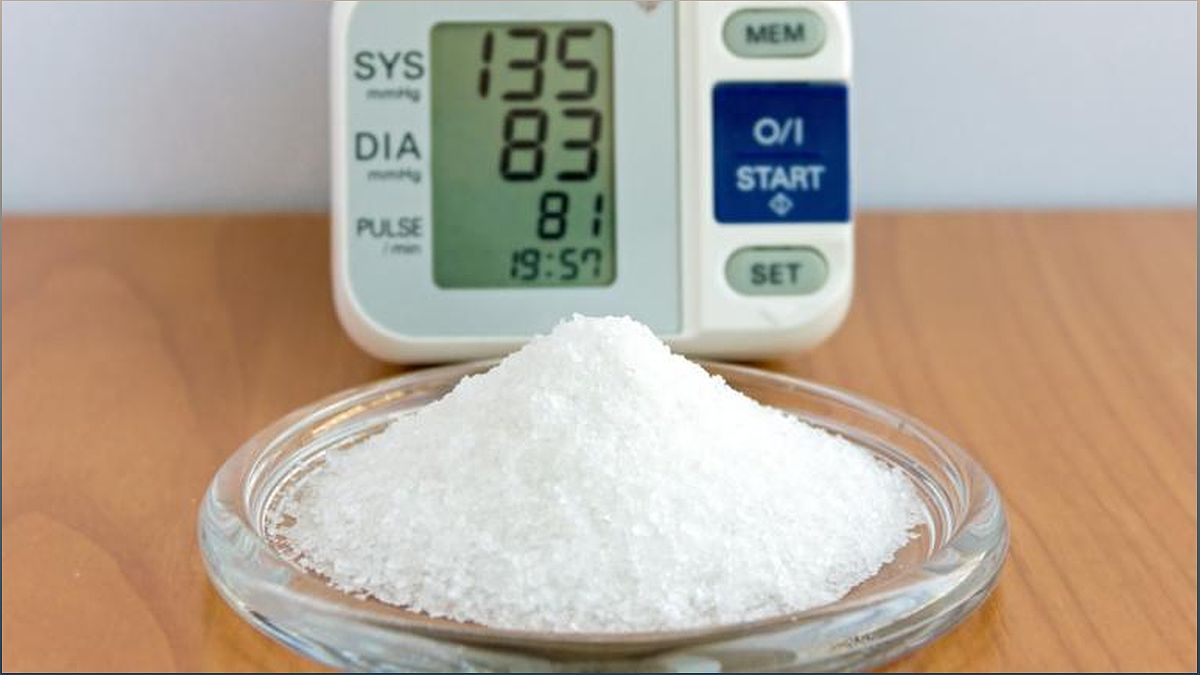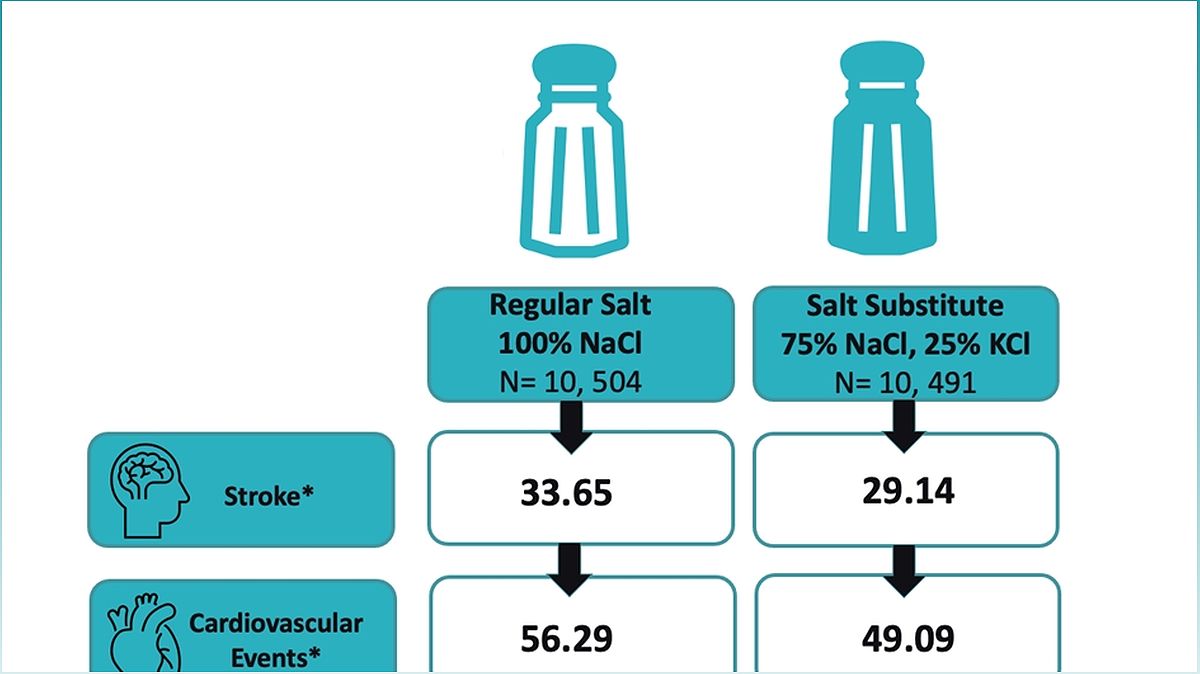Lowering sodium intake has been proven to have a significant impact on blood pressure management, according to recent research. Regardless of whether individuals have hypertension or are on medication, reducing dietary sodium can lead to a substantial decrease in blood pressure. This study, involving a diverse group of participants, found that a low-sodium diet resulted in an average drop of 7 mm Hg in systolic blood pressure. These findings highlight the effectiveness of lowering sodium intake as a key strategy for managing blood pressure, comparable to common hypertension medications.
The Impact of Sodium on Blood Pressure
Sodium plays a crucial role in the human body, but excessive intake can contribute to high blood pressure. The sensitivity to sodium varies from person to person, making it challenging to determine a healthy amount of sodium in one’s diet. Most studies on low-sodium diets have excluded individuals taking blood pressure-lowering medications, leaving uncertainty about the impact of reducing sodium intake on this group.

However, recent research has shed light on the subject. A study conducted by Dr. Deepak Gupta and his team at Vanderbilt University Medical Center involved 213 participants with diverse backgrounds. The study found that reducing dietary sodium led to a significant decrease in blood pressure, regardless of whether individuals had hypertension or were on medication.

Research Study on Dietary Sodium and Blood Pressure
The research study conducted by Dr. Gupta’s team involved participants aged 50-75, with 65% women and 64% Black individuals. The study took place between April 2021 and February 2023 in Chicago, Illinois, and Birmingham, Alabama. Some participants were already taking medication to control their high blood pressure.

The participants were randomly assigned to follow either a high-sodium or low-sodium diet for a week. Those on the high-sodium diet added 2,200 mg of sodium per day to their usual intake, while those on the low-sodium diet were provided with low-sodium meals, snacks, and beverages, averaging 500 mg of sodium per day.

After a week, the researchers measured the participants’ blood pressures. The results showed that nearly 75% of the participants had lower systolic blood pressure on the low-sodium diet, with an average drop of 7 mm Hg. These findings highlight the significant impact of reducing sodium intake on blood pressure management.
Benefits of Lowering Sodium Intake
The study’s findings suggest that lowering sodium intake can have substantial health benefits for a wide range of individuals. This includes those with or without hypertension and even those already taking blood pressure-lowering medications. The reduction in blood pressure achieved through a low-sodium diet was comparable to the effects of common first-line medications for high blood pressure.
By incorporating a low-sodium diet, individuals can effectively manage their blood pressure and potentially reduce their reliance on medications. It is important to note that any reduction in sodium intake from the current usual diet can have a positive impact on blood pressure management.
Implications for Blood Pressure Management
The results of this study provide valuable insights into the role of sodium reduction in blood pressure management. Lowering sodium intake can be an effective strategy for individuals looking to manage their blood pressure, regardless of their hypertension status or medication use.
These findings highlight the importance of dietary modifications, such as reducing sodium intake, as a key component of overall blood pressure management. By incorporating a low-sodium diet, individuals can take control of their blood pressure and potentially improve their long-term cardiovascular health.
